We are a social enterprise economically empowering women in India with the skill to stitch and giving second chances to unwanted fabric and sewing supplies
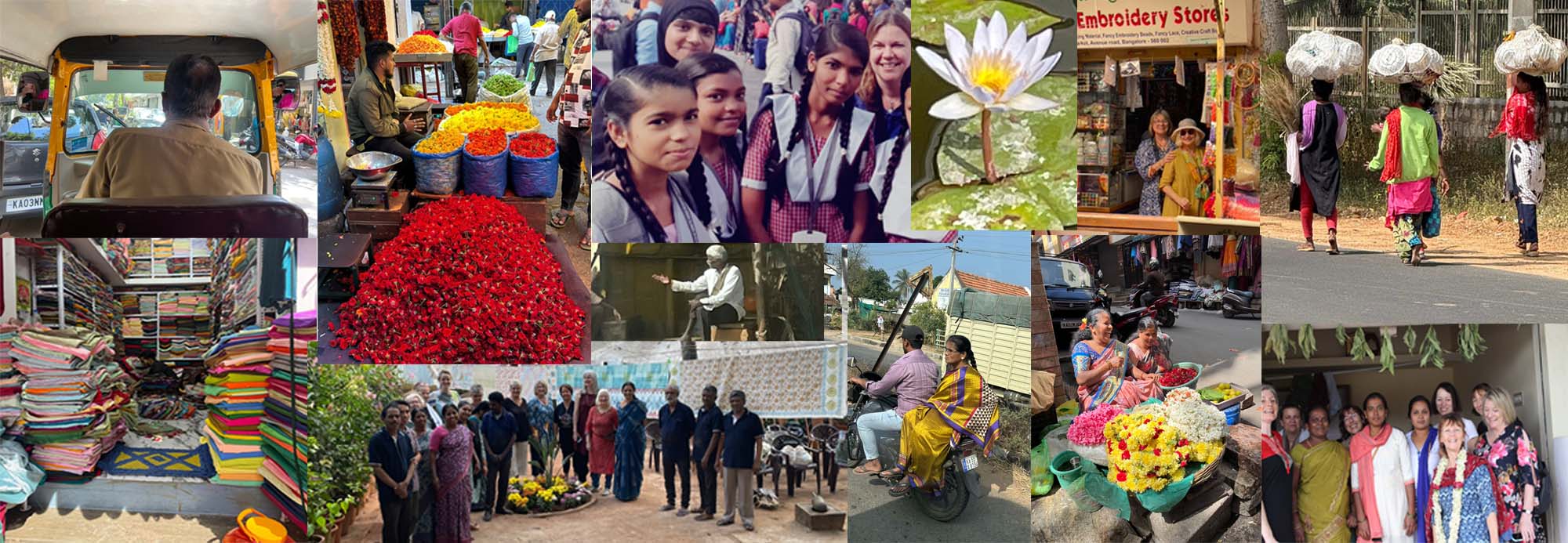
There are 4 four ways to engage with our social enterprise. You can shop, make, travel and invest
-

Shop
Visit our ShopEvery sale helps fund our mission to drive our vision of a world were all women have the confidence and resources to make their own choices for themselves and their children and strengthen their communities.
-

Make
Visit SewstainableSewstainable is a project run primarily in the UK to give second chances to unwanted fabric and sewing supplies by making the into products for the concious sewer
-

Travel
Visit our Travel & Gatherings AreaCustomers and Shareholders visit India with us in January each year. Sign up to one of our trips today. We also arrange gatherings that raise funds for our social enterprise
-

Invest
Visit our Invest AreaOur Invest Area is designed to help you learn more about investing in Secret Projects Community Benefit Society, the process for buying shares, as well information for those who already own shares and those who have been gifted shares
Book now to avoid disappointment
The Print Garden - a One-Day creative Printmaking Retreat being held in Surrey on Thursday 12 and Saturday 14 June hosted by textile expert and Secret Projects Supporter, Lesley Pearce.

There are two dates available in June. Click on the date to book.
Staff Product Pick

Not to be missed
Heather at Triangle House, June 2025
Buy your ticket for Heather Findlay's second solo gig at The Triangle House, Pulborough (as featured on Grand Designs).
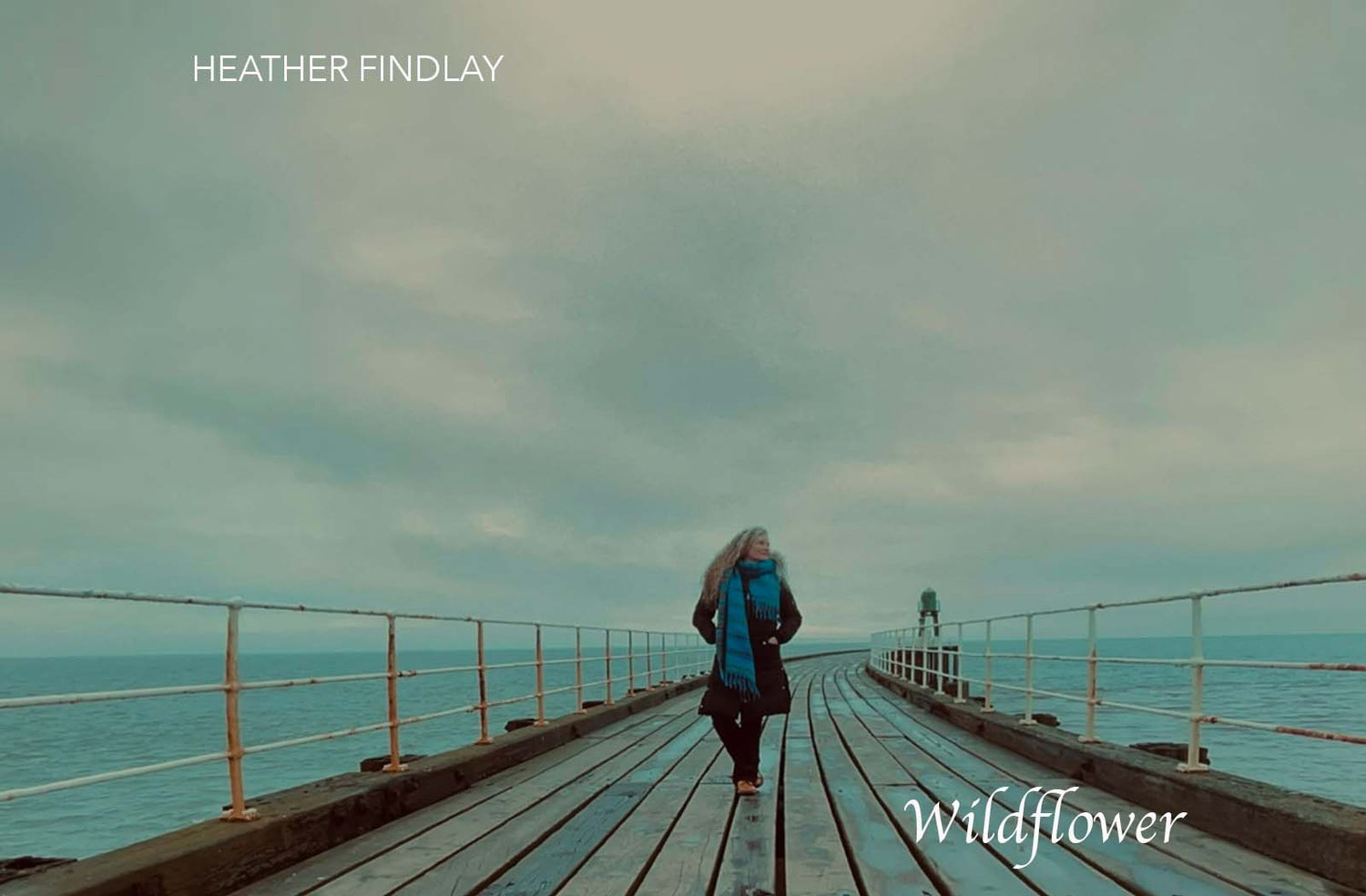
NEW ALBUM
Wildflower
Heather's new album, Wildflower is coming out soon. She will be singing songs from her new album at her solo gig at Triangle House in June in West Sussex.
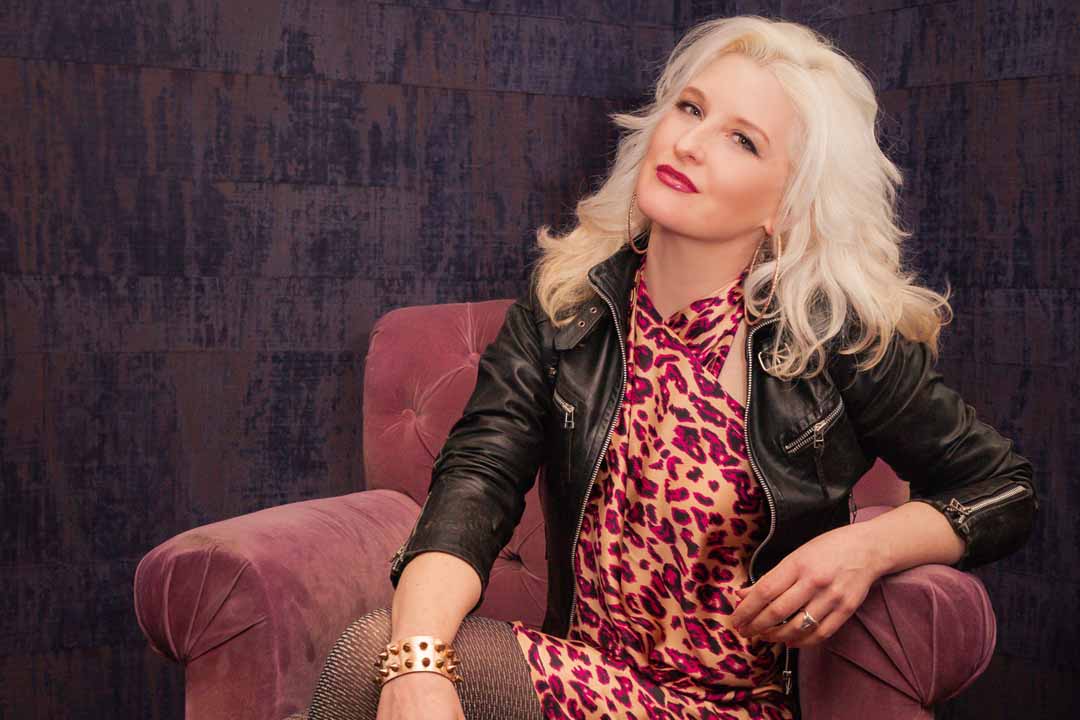
She Rocks Secret Sari Dress Campaign
Heather was the creator of an incredible campaign bringing together women from the world of rock music to drive sales of a dress made of a sari. These dresses were made by young women in a unit in Kolkata. Check out the special collection generated by the campaign.
Latest stories
-
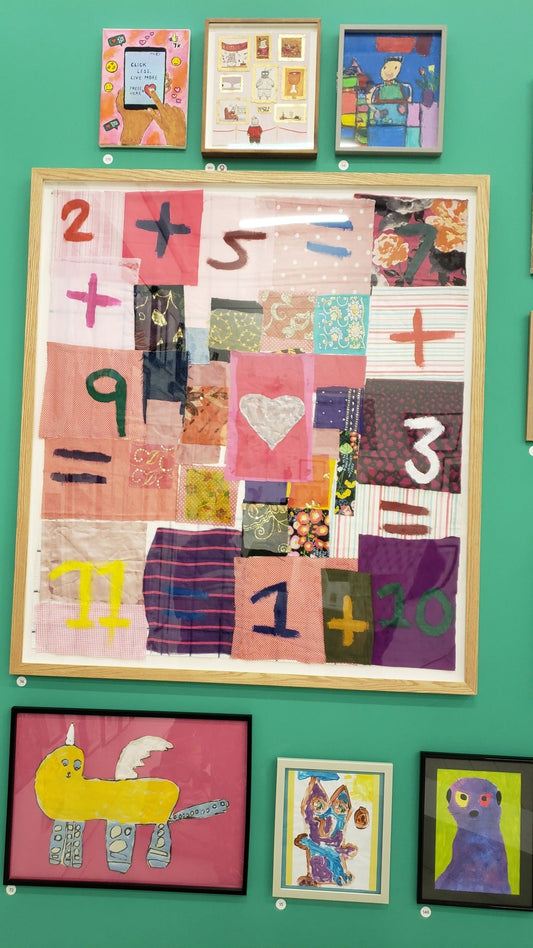
Creations by Crafting Creatives
Thank you for visiting our blog post which keeps a record of the creations of those that have bought our Scrap Packs or Scrapwiches. We are amazed by them all....
Creations by Crafting Creatives
Thank you for visiting our blog post which keeps a record of the creations of those that have bought our Scrap Packs or Scrapwiches. We are amazed by them all....
-
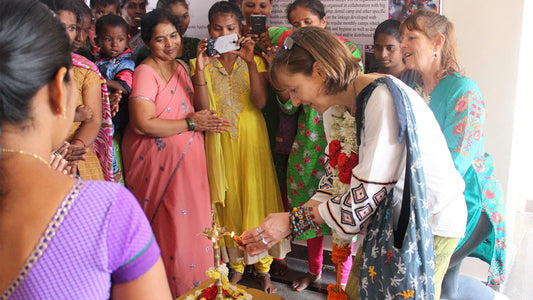
Read what customers say about traveling to Indi...
Inspiring testimonials will spark your interest for sure!
Read what customers say about traveling to Indi...
Inspiring testimonials will spark your interest for sure!
-

Tesco's Stronger Start Grant
Secret Projects was lucky enough to take part in Tesco's Stronger Start Grant. The funds we receive will help us rent a space monthly to operate a destash of unwanted...
Tesco's Stronger Start Grant
Secret Projects was lucky enough to take part in Tesco's Stronger Start Grant. The funds we receive will help us rent a space monthly to operate a destash of unwanted...







